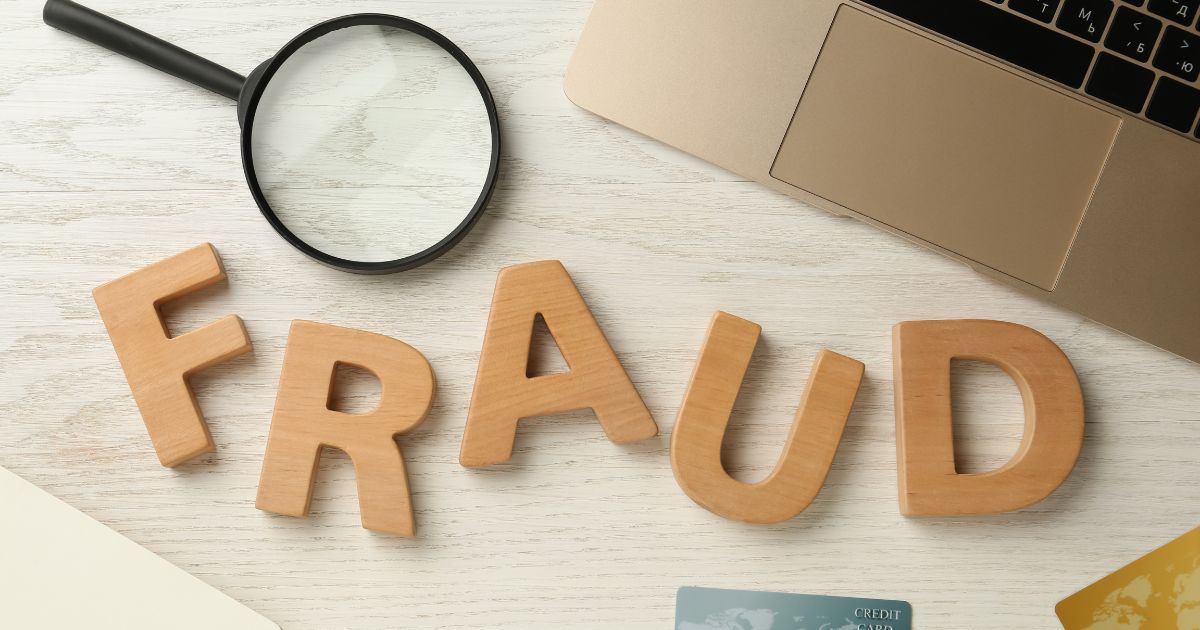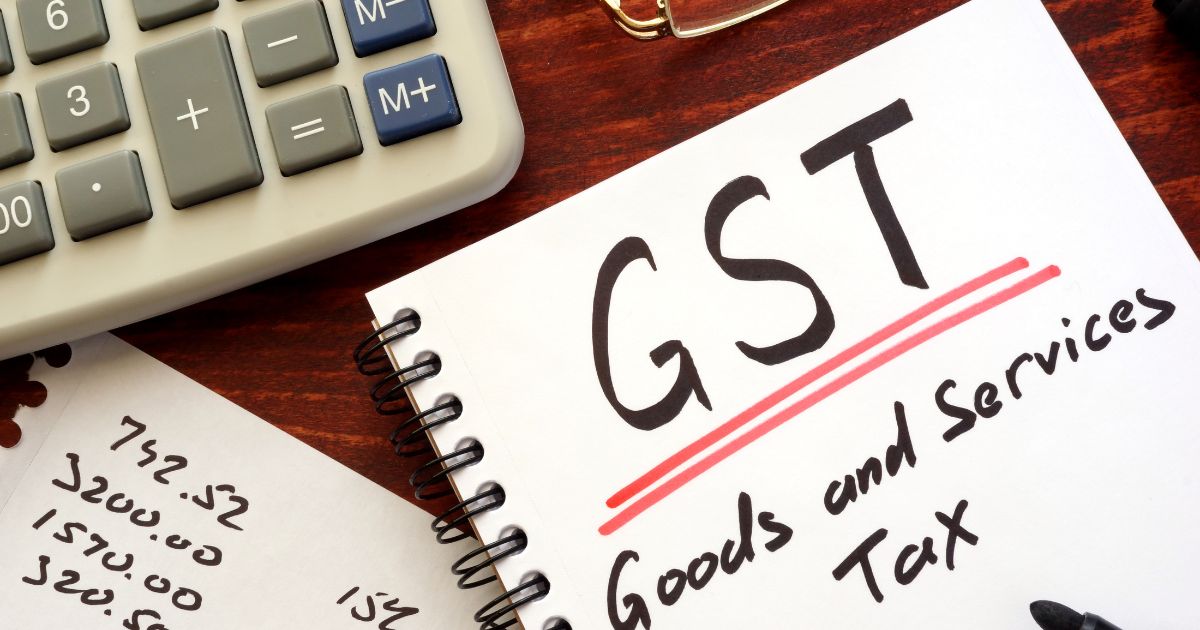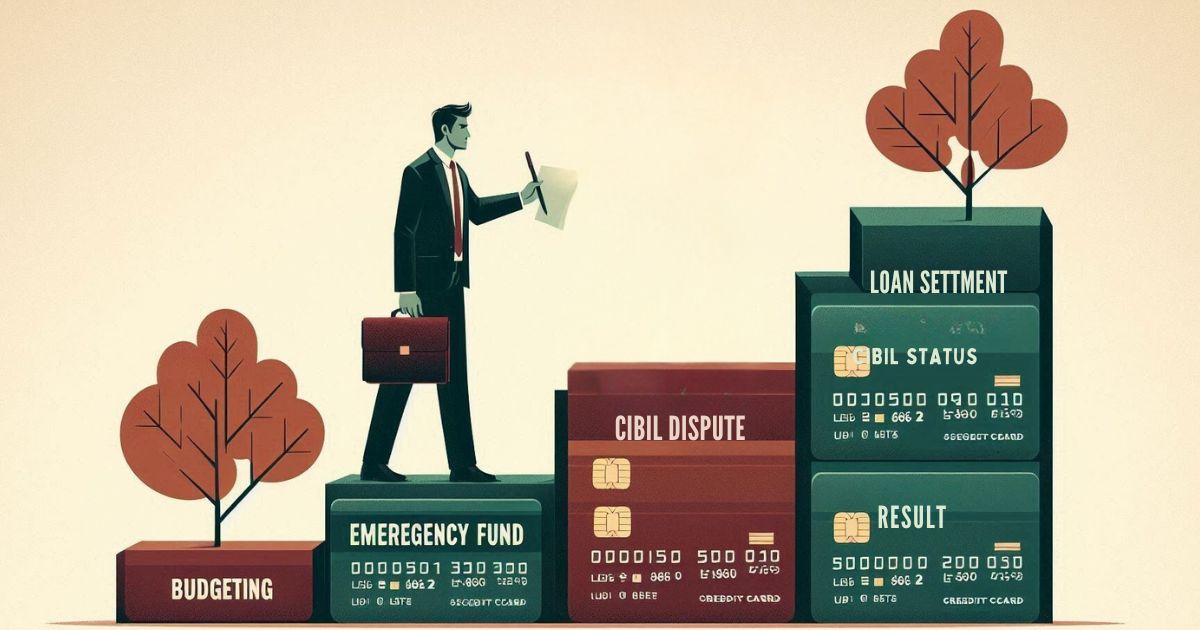· Loan Rights · 3 min read
Know Your Rights as a Loan Borrower
Learn key Indian laws that protect borrowers from recovery agent harassment and unfair loan practices. Know your rights and legal remedies under the sections that matter.

For many Indian borrowers, defaulting on a loan can become more than just a financial burden — it can turn into a nightmare if recovery agents or creditors use threats, intimidation, or public shaming. But here’s the truth: even if you’ve missed payments, you still have rights under Indian law. Recovery must follow legal procedures, not fear tactics.
Let’s explore the specific legal protections every borrower in India should know.
What the Law Says About Recovery Conduct
1. RBI Guidelines for Recovery Agents
The Reserve Bank of India (RBI) has laid strict rules for banks and NBFCs when they employ recovery agents. Borrowers must not be contacted at odd hours (before 8 a.m. or after 7 p.m.), and agents must treat borrowers with utmost dignity. Any abusive language or threats can lead to penalties against the lender.
Key Legal Sections That Protect Borrowers
Sections 503 and 506 – Indian Penal Code (IPC)
These sections deal with criminal intimidation and threats. If a recovery agent threatens you with bodily harm, social defamation, or coercion, you can file a police complaint under these sections.
Section 294 – IPC
This section criminalises obscene acts and language in public. If recovery agents shout at you or try to humiliate you in front of others, this section applies.
Article 21 – Constitution of India
Your right to life includes your right to dignity. Any form of mental harassment or coercive recovery violates your fundamental rights and can be legally challenged.
Section 12 – Consumer Protection Act, 2019
Borrowers are considered consumers. If a bank or agent behaves unfairly or uses abusive practices, you can file a complaint in the consumer court for redressal.
What Borrowers Can Do Legally
● Document Everything: Record calls, keep copies of messages, and note down visit times. This helps build a legal case if needed.
● Send a Legal Notice: If the harassment continues, get a lawyer to send a formal notice to the bank or recovery agency.
● File a Police Complaint: Use the IPC sections mentioned above to complain about unlawful recovery behaviour.
● Approach the Banking Ombudsman: For complaints against banks violating RBI norms.
● Go to the Consumer Forum or the Civil Court: Approach them for compensation or injunctions against harassment.
Important Note: Loan Repayment is Still Mandatory
Legal protections don’t mean you can ignore your dues. Borrowers must take steps to repay or settle their loans legally. However, harassment or public shaming is never acceptable, in whatever situation.
Final Thought
Being in debt is stressful enough — unlawful recovery practices make it worse. Knowing your rights is the first step towards protecting your mental peace and legal standing. Indian law stands by borrowers, not bullies. If you’re facing undue pressure, don’t suffer silently. Speak up, act smart, and seek justice through legal channels.



